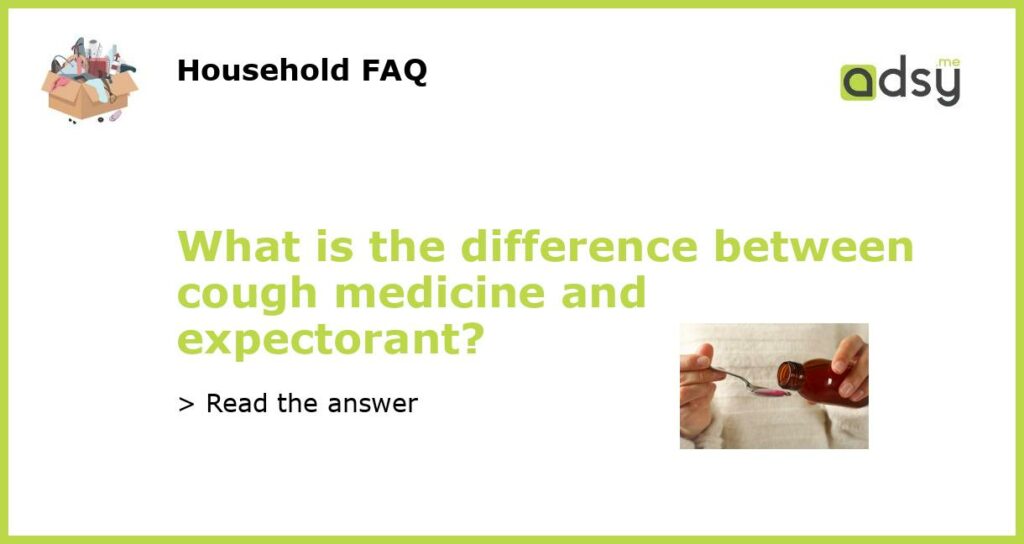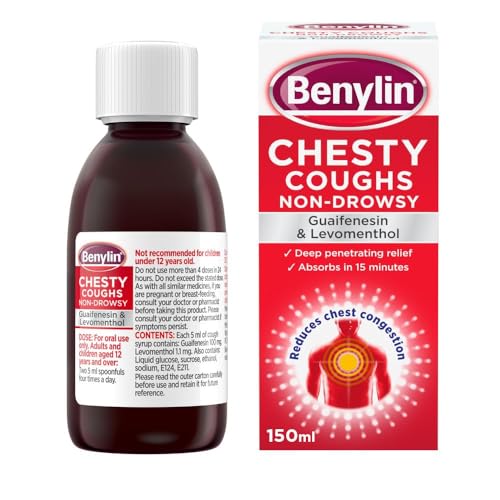The Difference Between Cough Medicine and Expectorant
If you have a cough, your first instinct may be to reach for cough medicine or an expectorant. However, it is important to understand the difference between the two and when to use each one.
What is Cough Medicine?
Cough medicine is a type of medication that is designed to suppress coughing. It works by blocking the cough reflex in your brain, which can provide relief from a persistent or irritating cough. Cough medicine is usually taken in liquid or pill form and may contain ingredients like dextromethorphan, codeine, or hydrocodone.
What is Expectorant?
Expectorants are medications that help to loosen and thin mucus in your respiratory system, making it easier to cough up. They do not suppress coughing like cough medicine does, but instead work to make your coughs more productive. Expectorants may contain ingredients like guaifenesin or ammonium chloride and are often taken in liquid or pill form.
When to Use Cough Medicine vs. Expectorant
The decision to use cough medicine or an expectorant should be based on the type of cough you have. If you have a dry cough that is not producing any mucus, cough medicine may be more appropriate. On the other hand, if you have a productive cough that is accompanied by thick mucus, an expectorant may be more effective.
Side Effects of Cough Medicine and Expectorant
Like all medications, cough medicine and expectorants can have side effects. Cough medicine may cause dizziness, drowsiness, or nausea, while expectorants may cause stomach upset or diarrhea. It is important to read the label carefully and to talk to your doctor or pharmacist if you have any concerns about taking these medications.






